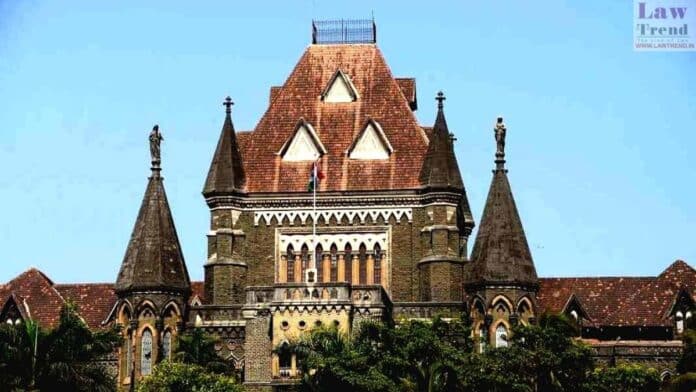In a significant ruling on July 19, the Bombay High Court nullified a Maharashtra government circular that exempted private unaided schools within a one-kilometer radius of government schools from reserving 25% of their seats under the Right to Education (RTE) quota. The court declared the amendment to the Right to Education Act by the Maharashtra government as unconstitutional.
The Right to Education (RTE) Act mandates that private schools reserve 25% of their seats for students from socio-economically disadvantaged and underprivileged backgrounds. Out of the 218 private unaided schools operating without RTE approval under the Mumbai Municipal Corporation’s education department, 192 were granted RTE approval. However, the objective was thwarted due to the state government’s ordinance, prompting an appeal in the High Court.
The High Court accepted the challenge against the state government’s notification issued on February 9, which sought to exclude private, unaided schools from the RTE quota. The court had already stayed the notification in May but ensured that the admissions of other students during this period were not affected. The state government argued that the RTE was causing a decline in the number of students in government schools, but the court dismissed this argument.
Chief Minister Eknath Shinde’s government had amended the RTE, stating that the 25% admission requirement would not apply to schools located within a one-kilometer radius of government or aided schools. This amendment was communicated by the Director of Education in a letter dated April 15, 2024.
Also Read
The Bombay High Court’s decision to strike down the Maharashtra government’s amendment underscores the importance of maintaining the RTE’s provisions for providing equitable education opportunities to disadvantaged students. This ruling ensures that private unaided schools cannot be exempted from their obligations under the RTE Act, thereby safeguarding the rights of underprivileged children to quality education.




